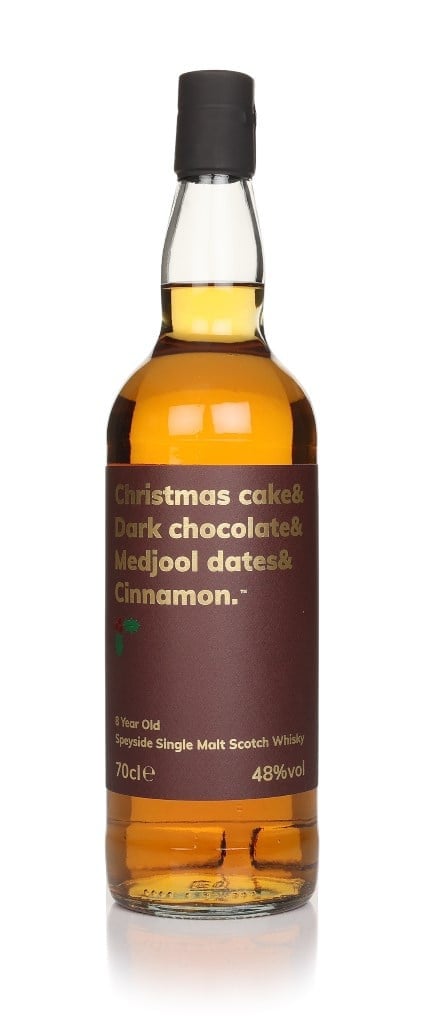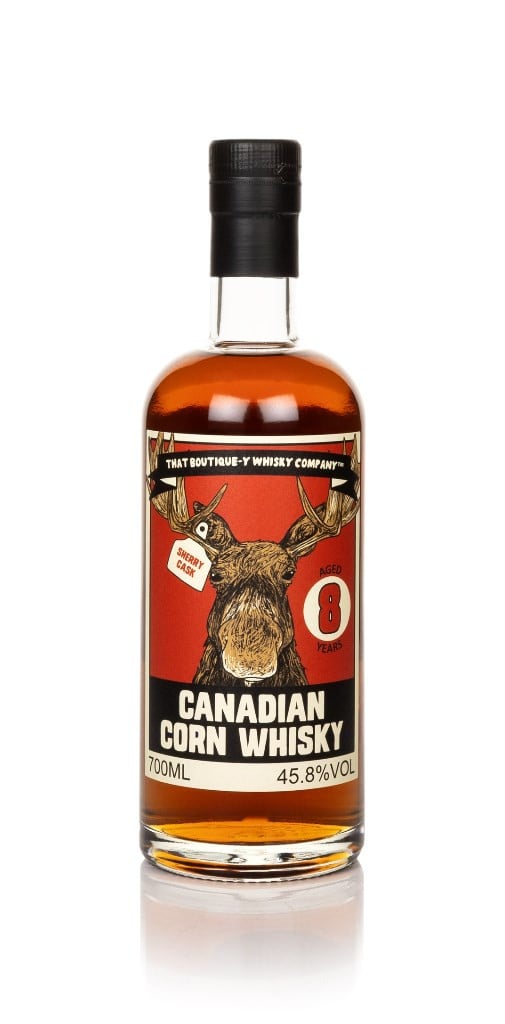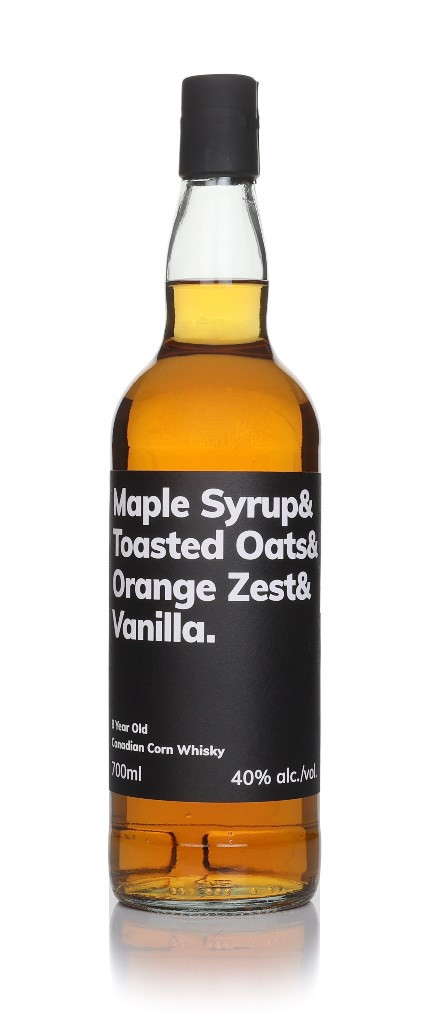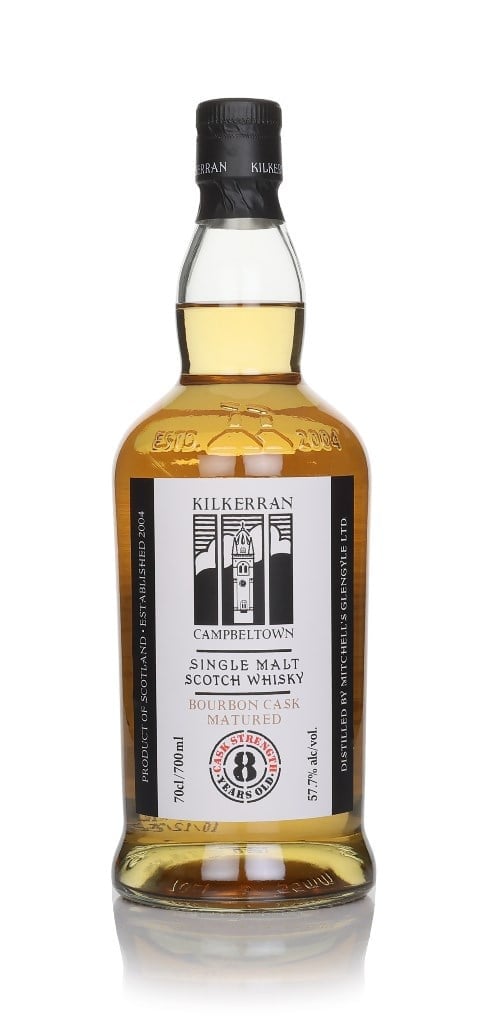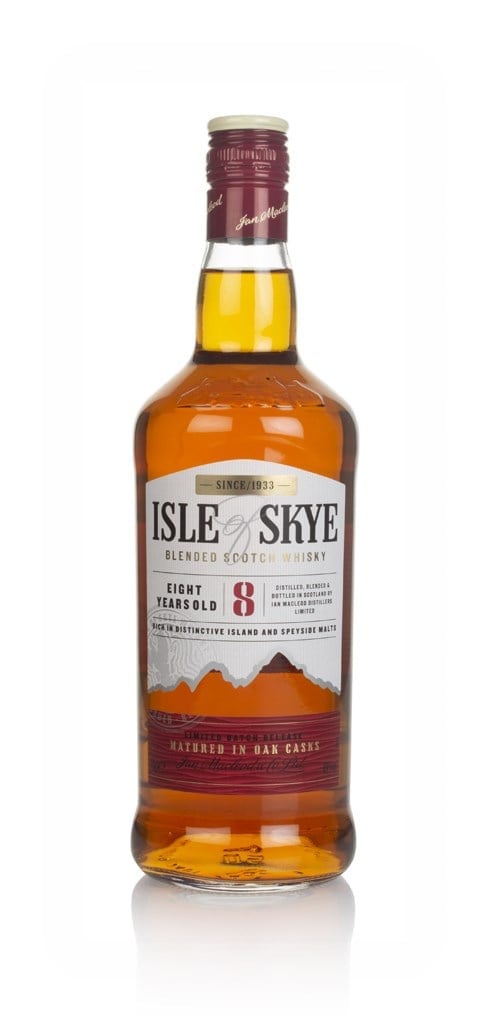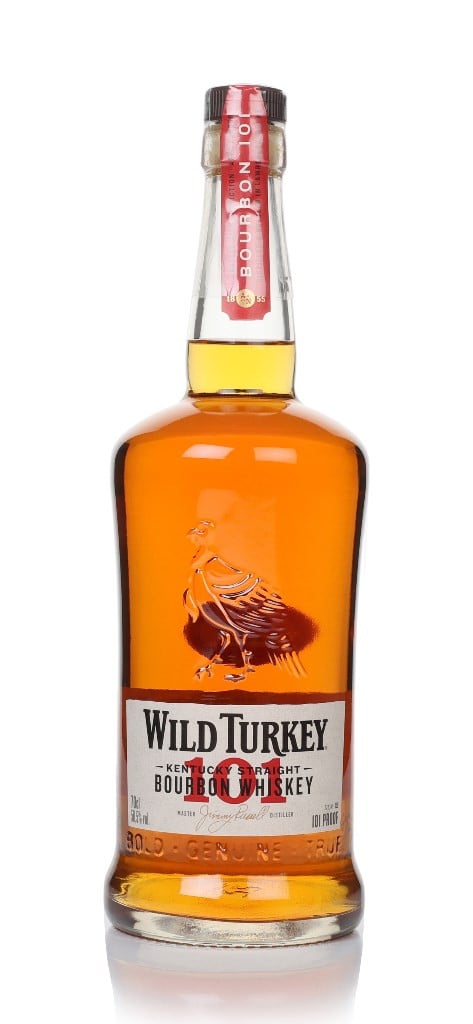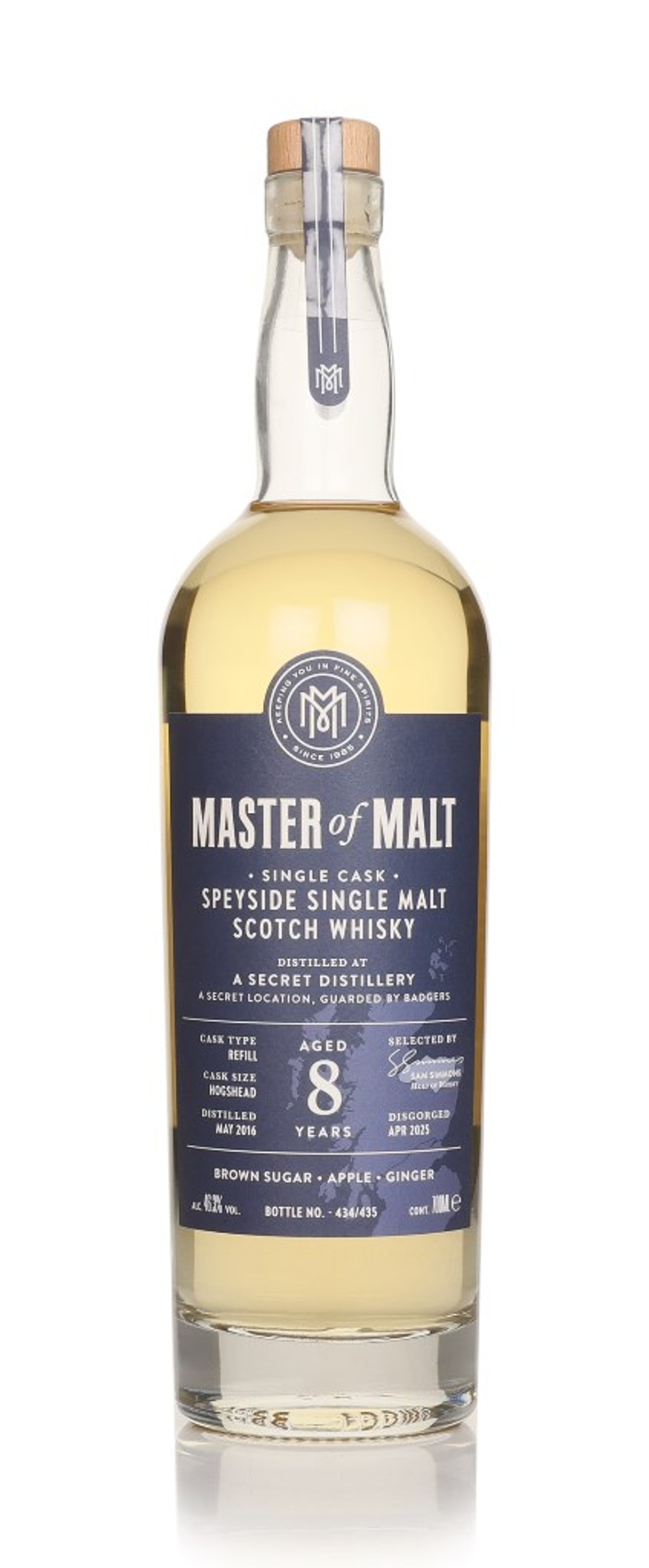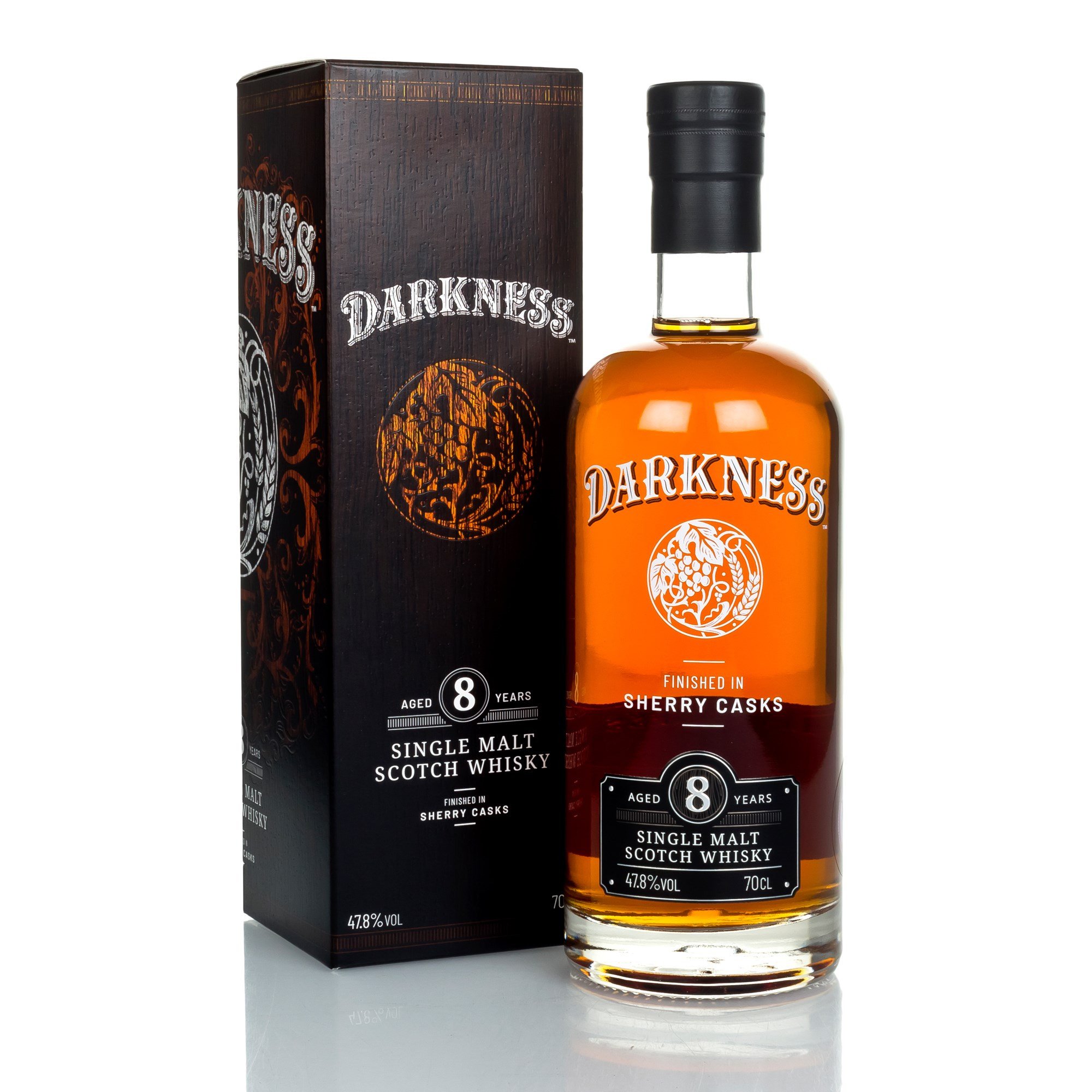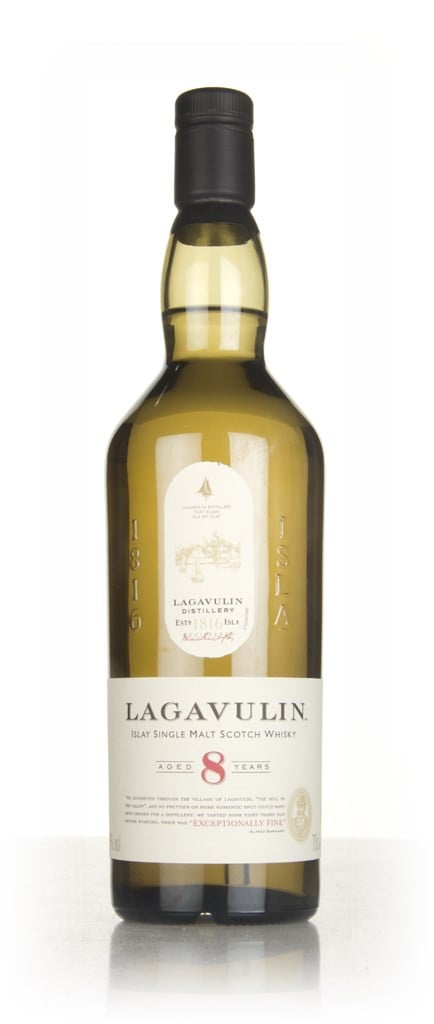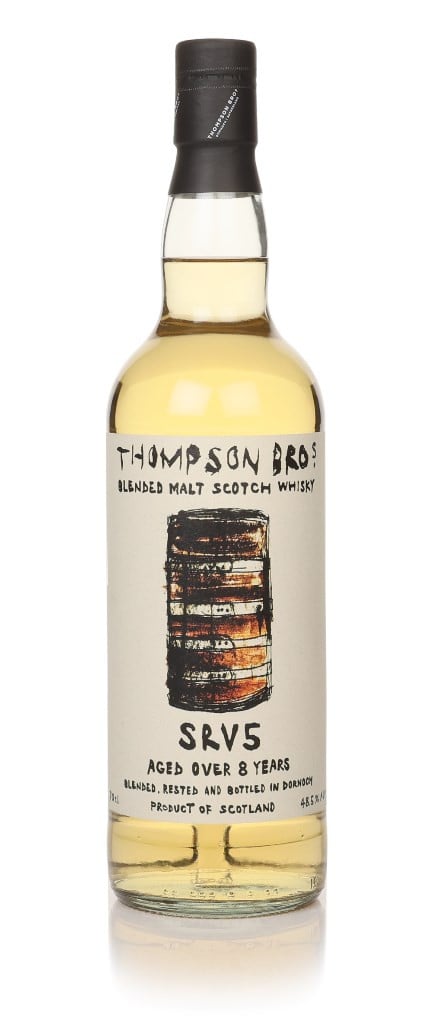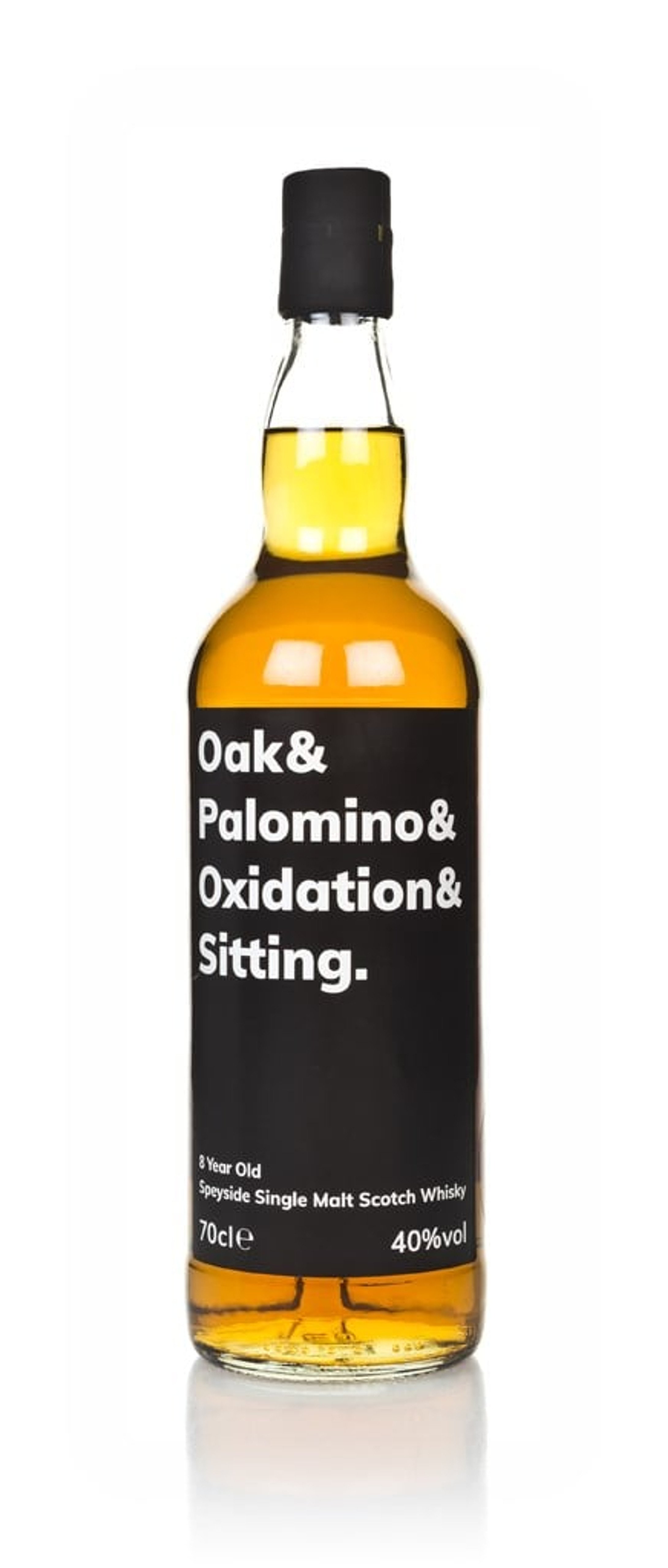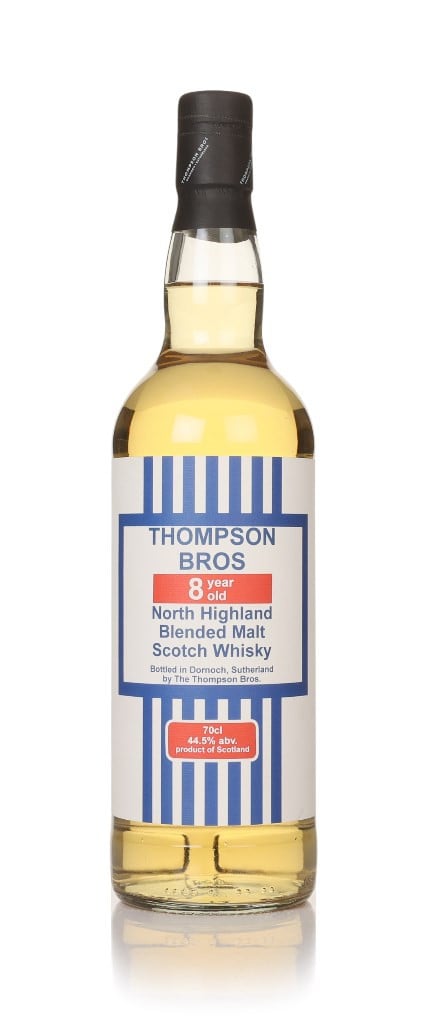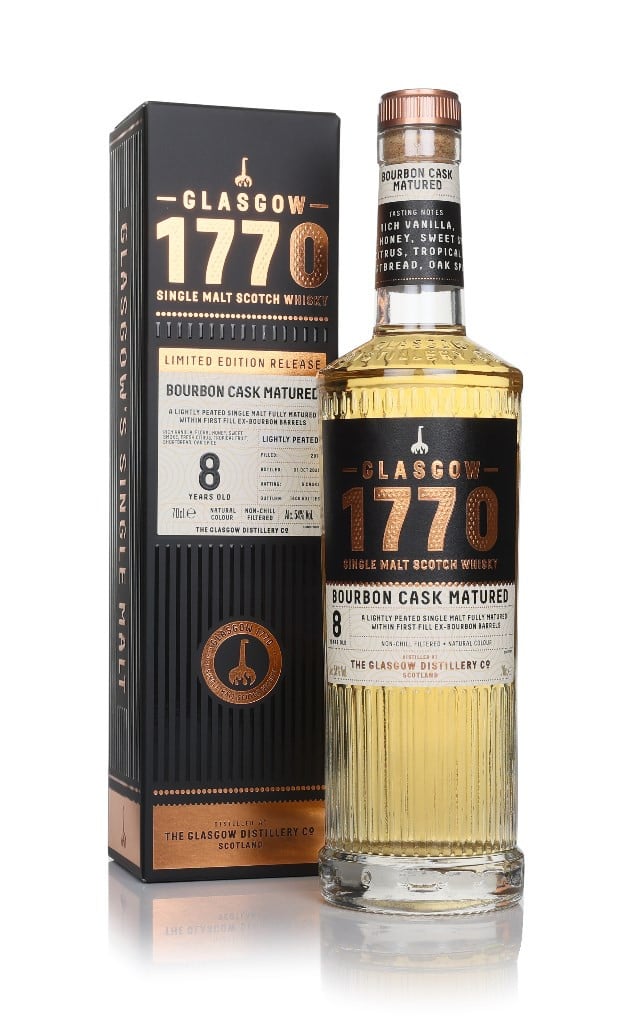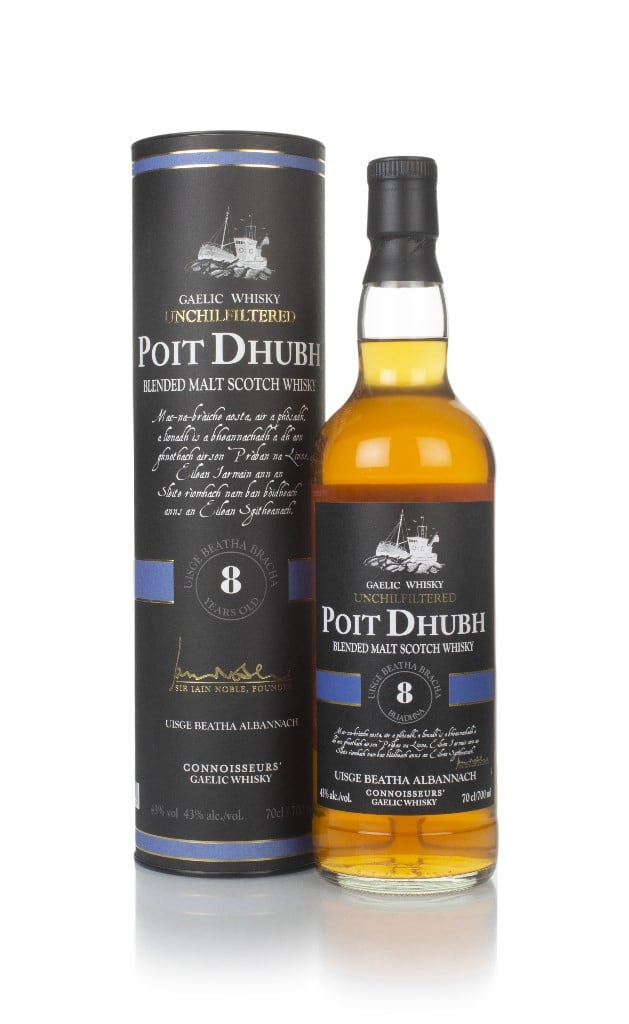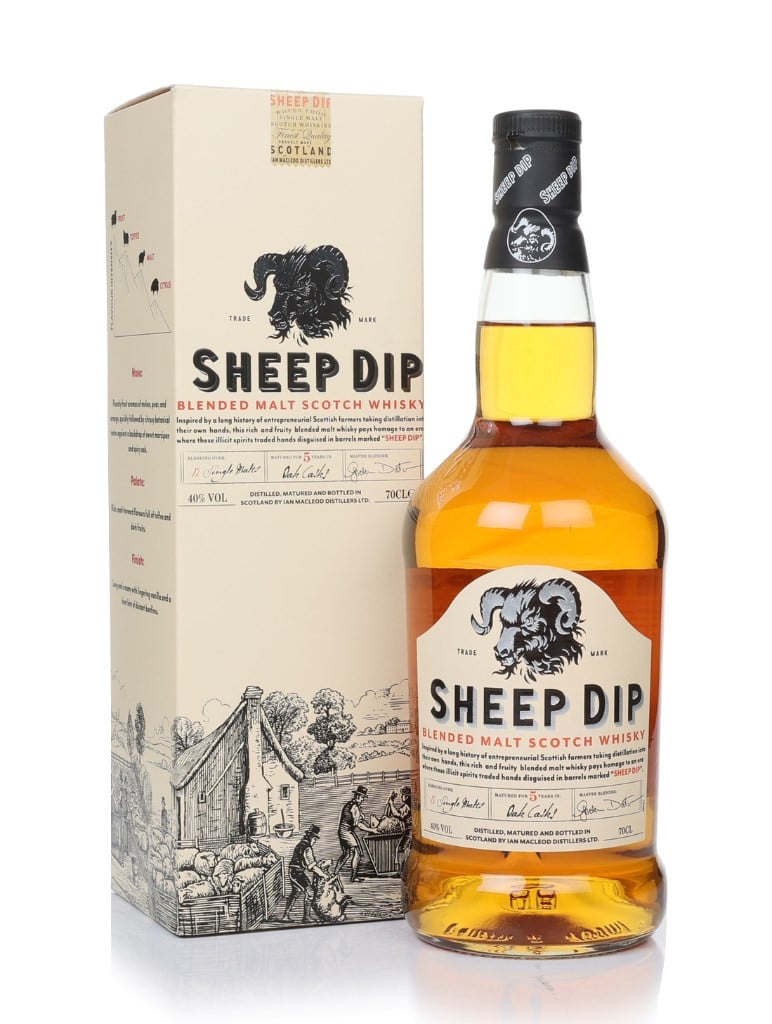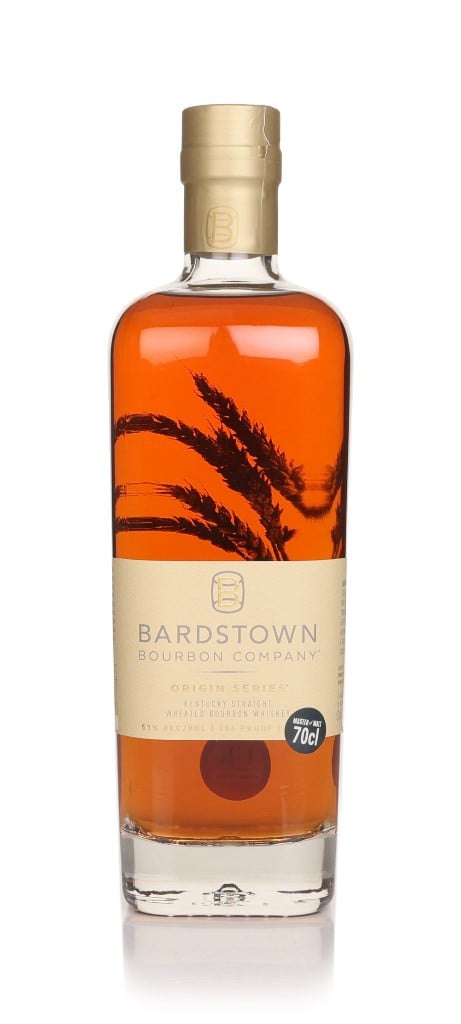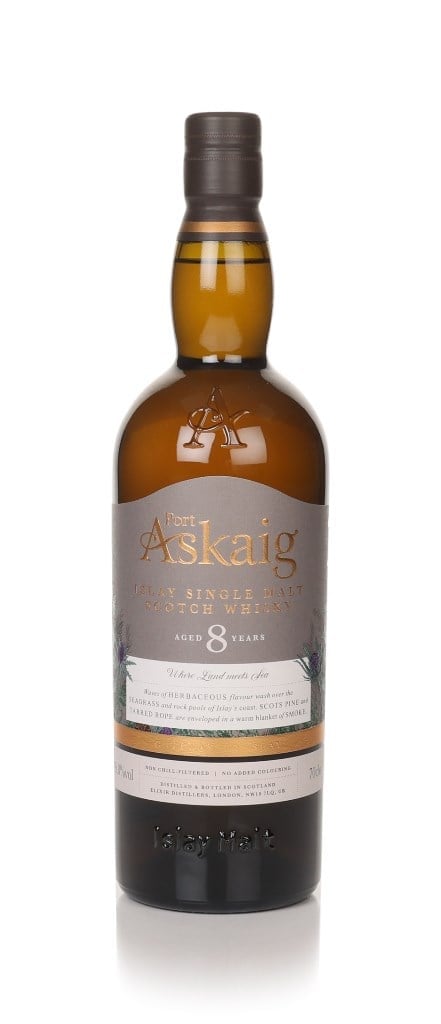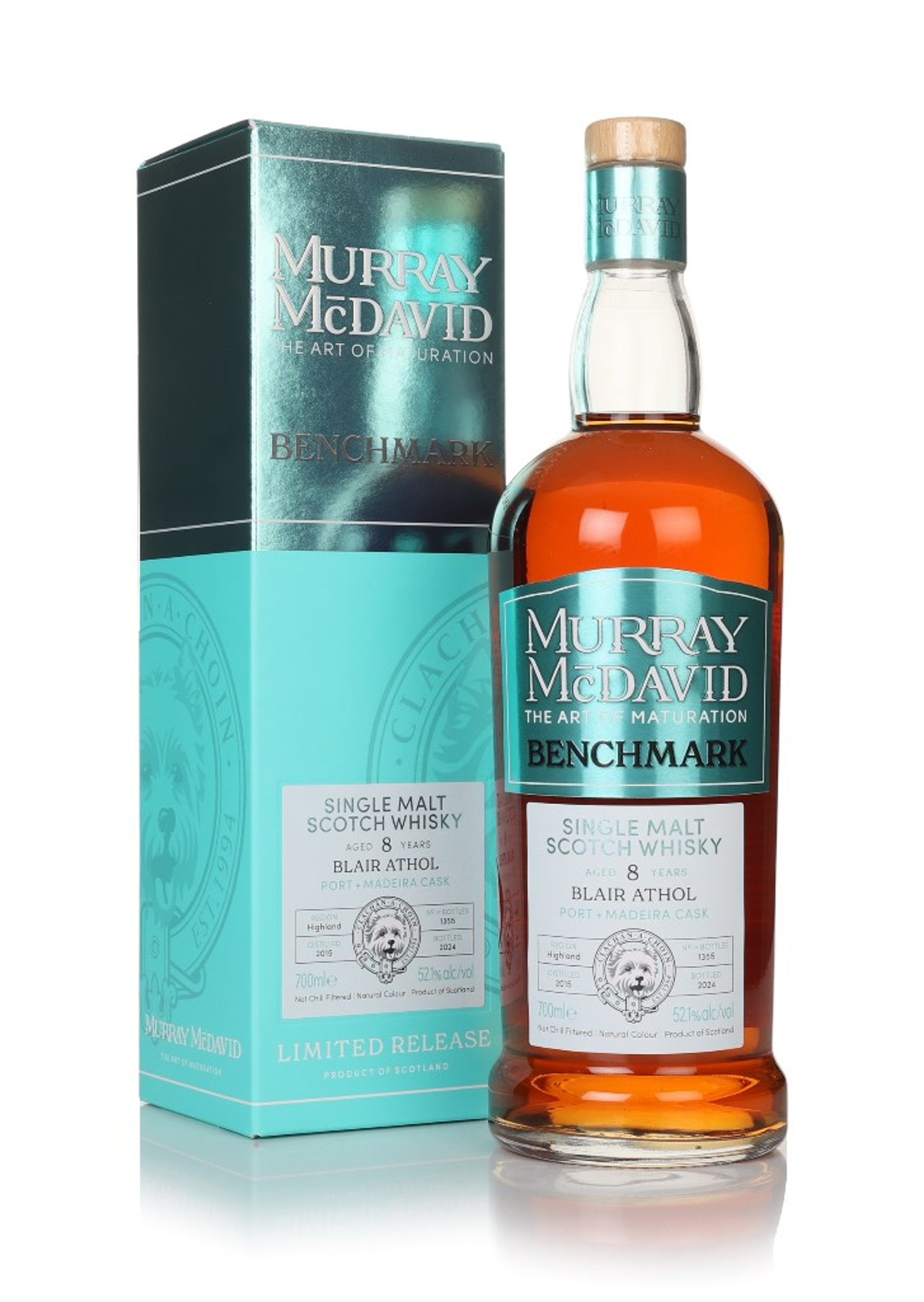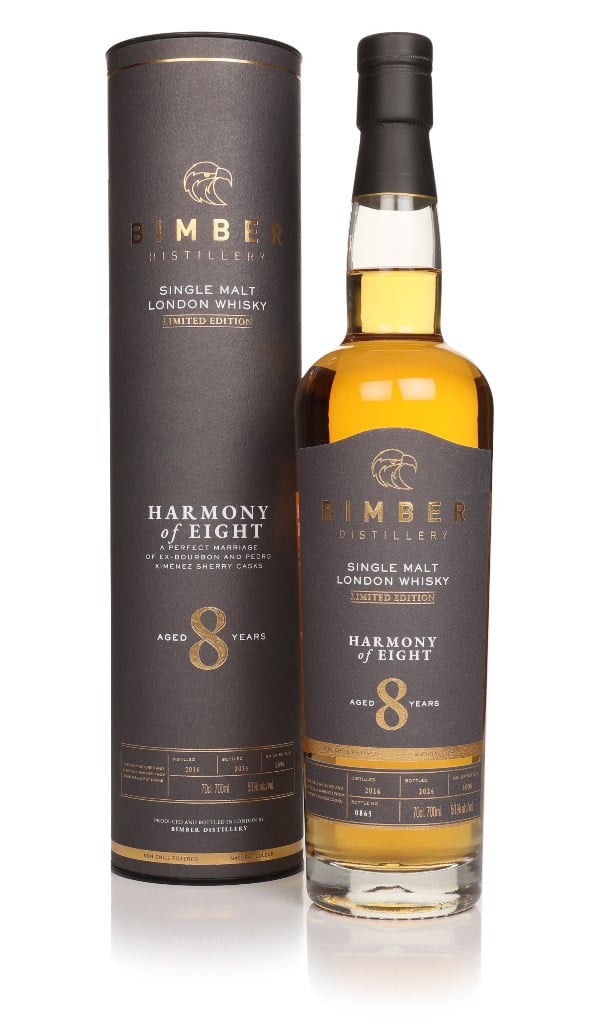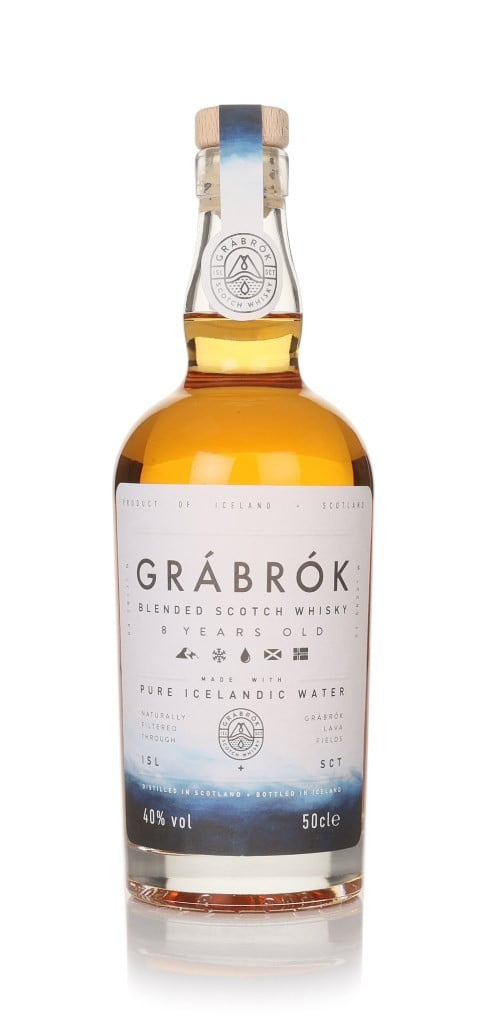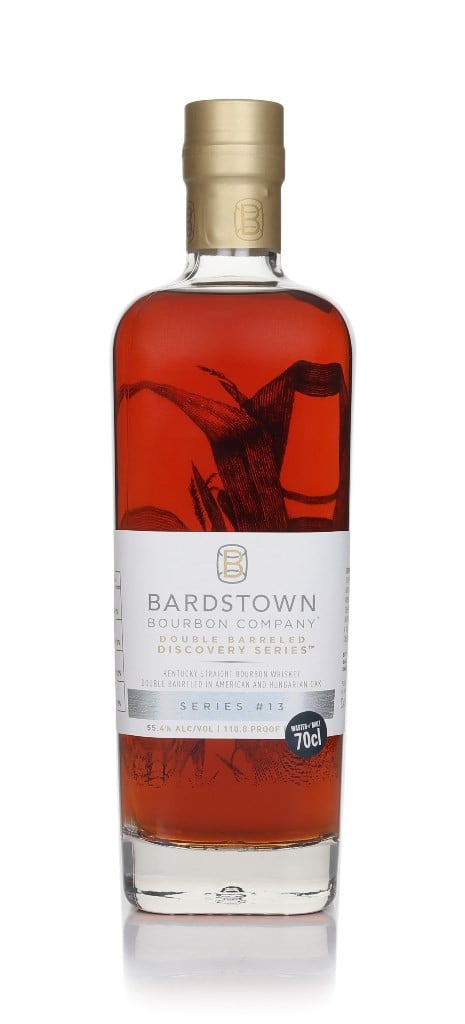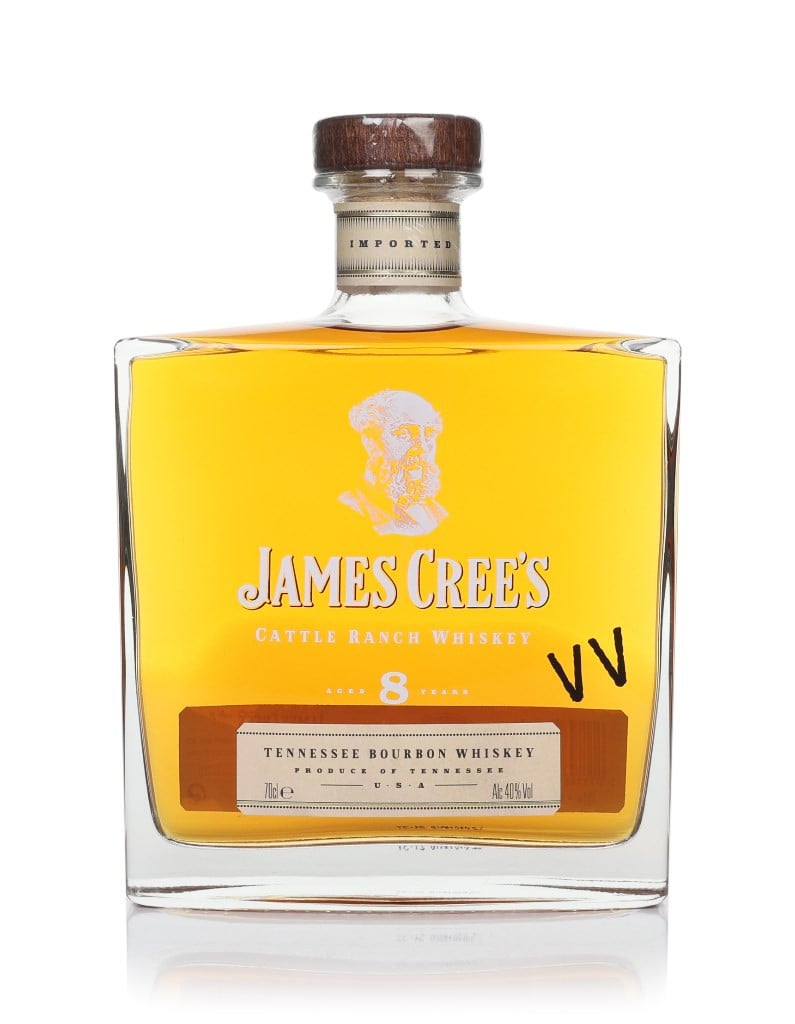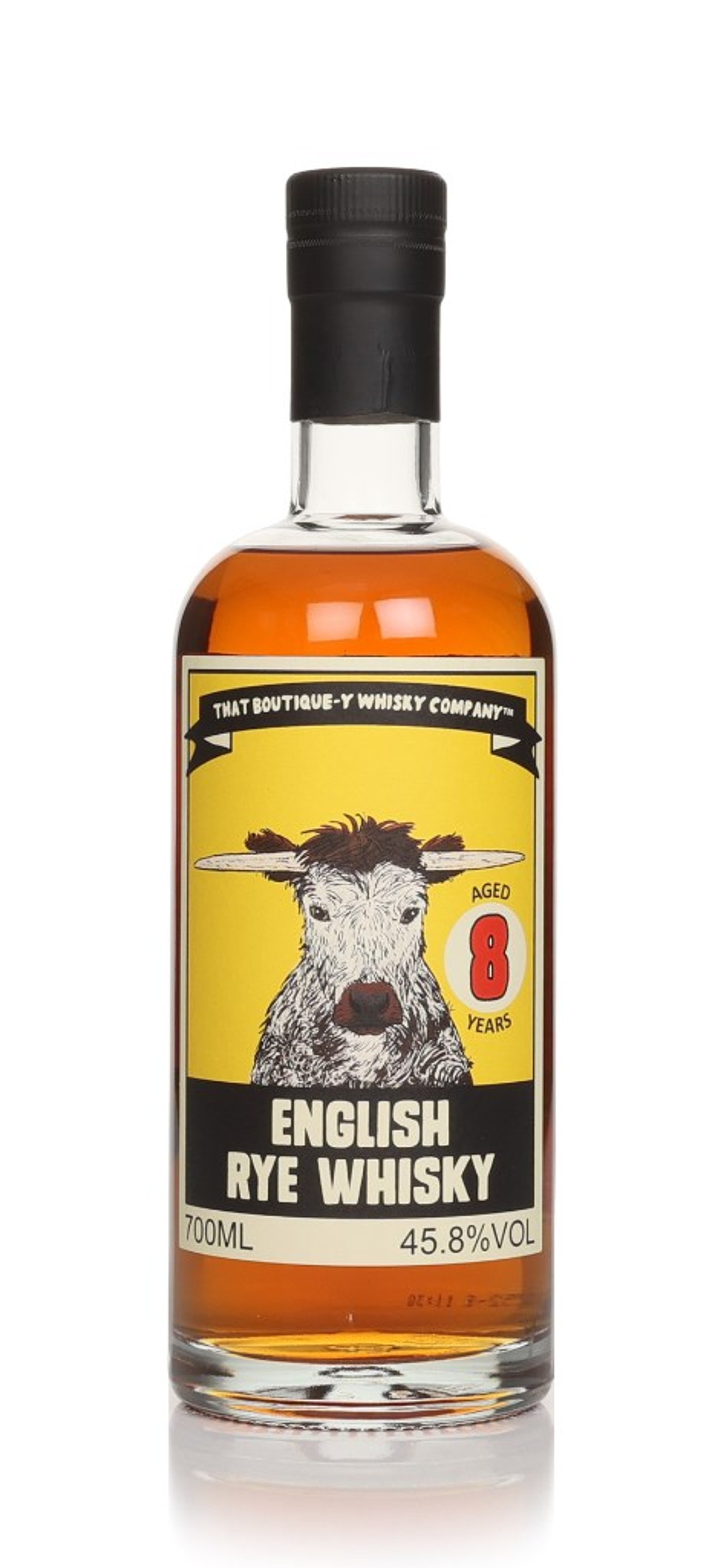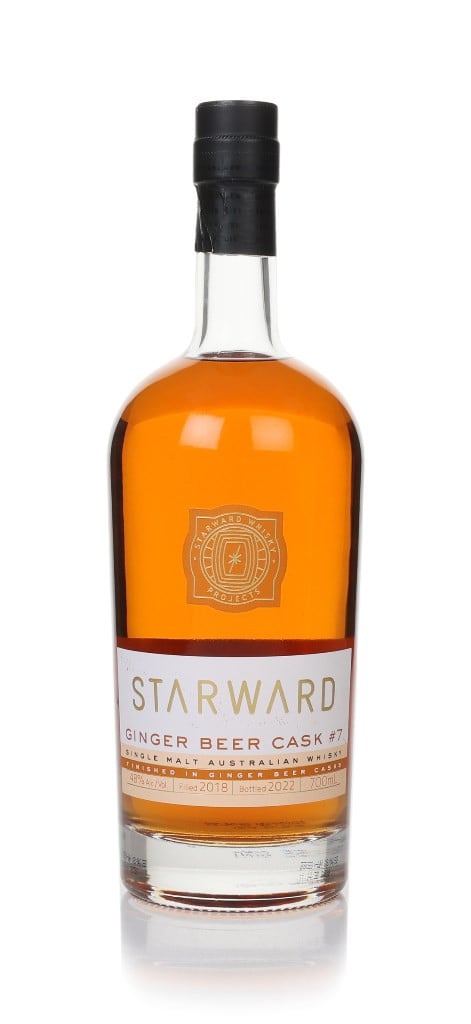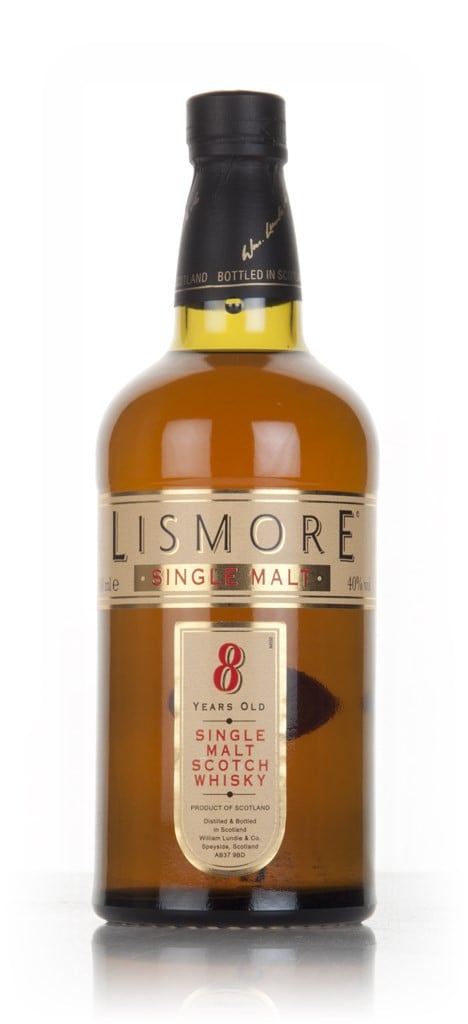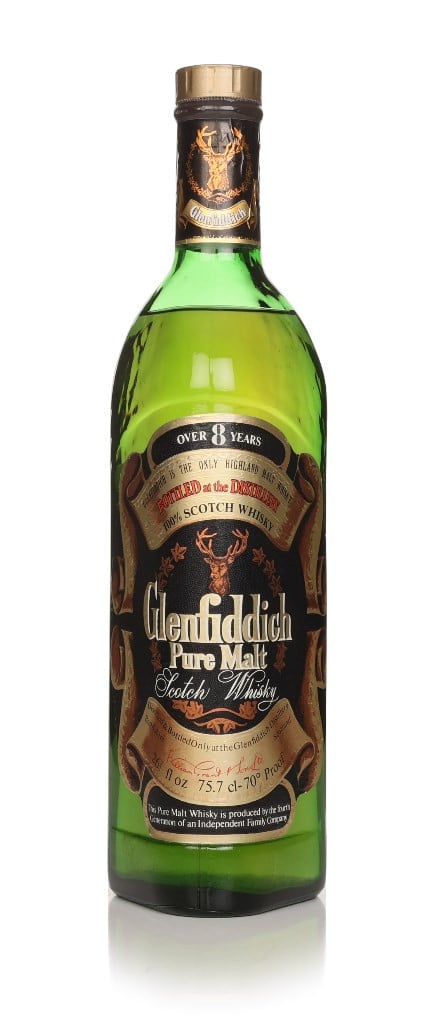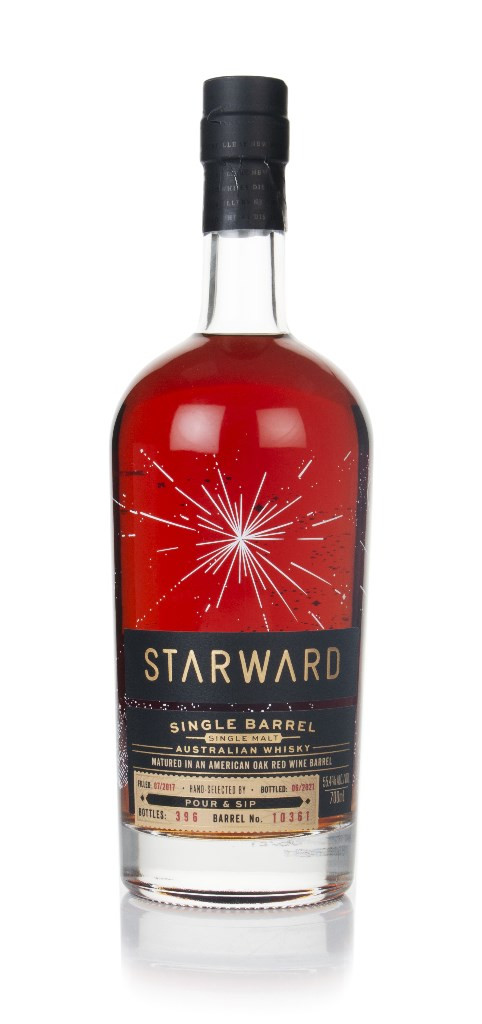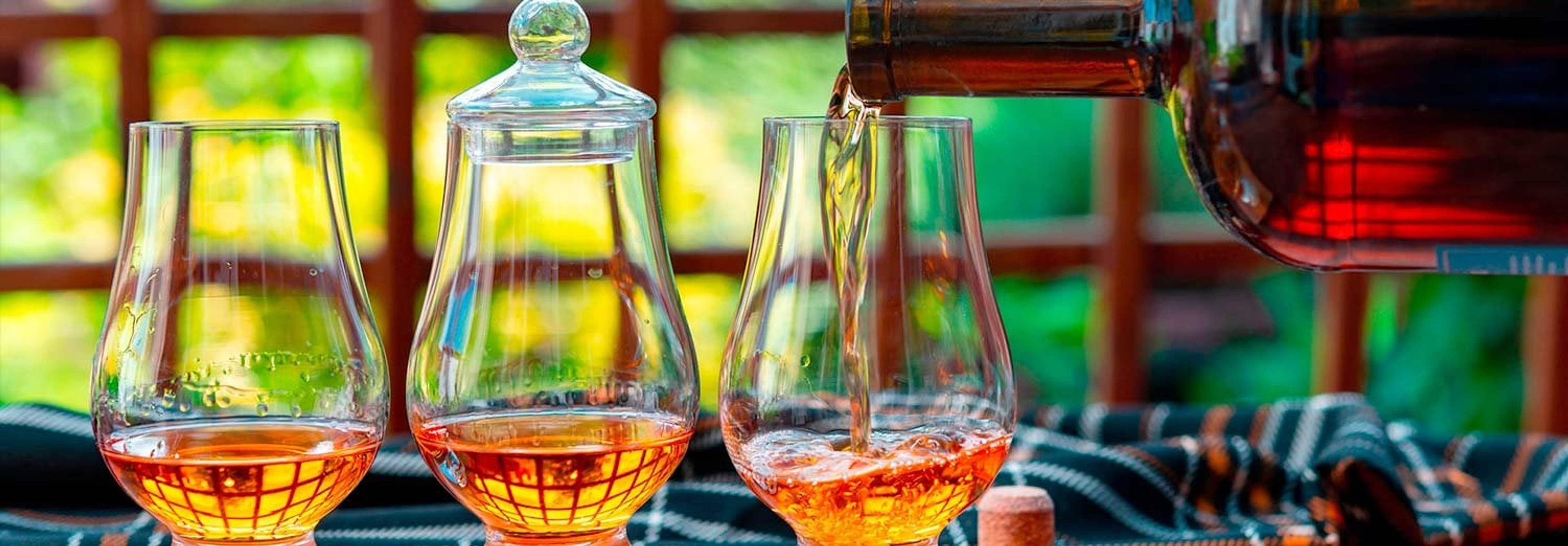
8 Year Old Whisky
Eight-year-old whisky occupies a niche within the whisky maturation spectrum, embodying a harmonious balance between the vibrant character of younger whiskies and the nuanced complexity of older expressions. This stage of ageing is often where the distillate's youthful exuberance begins to mellow, and the deeper, more intricate notes imparted by the cask come to the forefront.
The maturation of an eight-year-old whisky involves a delicate interplay between the whisky and the cask in which it rests. Throughout these years, the whisky will have absorbed a significant array of flavours and aromas from the wood, which can range from vanilla and caramel to dark fruits and spices, depending on the type of cask used. The oak also imparts a smoother, rounder mouthfeel, softening any harsh edges that may have been present in the new make spirit.
In eight years, the whisky has had ample time to develop a richer flavour profile. It's likely to exhibit more pronounced cask-derived characteristics, such as oakiness, sweetness, or fruitiness, which are layered over the inherent flavours of the malt. Whiskies aged in former bourbon barrels might offer vanilla and toffee notes, while those in sherry casks could yield raisin and nutty flavours.
The region where the whisky is aged continues to play a crucial role in its development. An eight-year-old whisky from the Scottish Highlands may have hints of heather and a certain robustness, while one from Islay might carry the signature peat smoke and maritime qualities. Meanwhile, whiskies aged in more temperate climates will have a different rate of maturation due to the consistency of the conditions.
In the world of whisky, age statements carry legal weight. In Scotland, for example, an age statement on a bottle reflects the youngest whisky included in the blend. An eight-year-old single malt Scotch whisky, therefore, guarantees that the youngest whisky in the bottle has been aged for at least eight years, ensuring a certain maturity in the flavour profile.
An eight-year-old whisky is often smooth enough to be enjoyed neat or with a splash of water to release more aromatics. It can also serve as a sophisticated base in cocktails where its character is not overshadowed by mixers but rather complements them. This age of whisky strikes a balance that is appreciated by both connoisseurs and casual drinkers alike.
The maturation of an eight-year-old whisky involves a delicate interplay between the whisky and the cask in which it rests. Throughout these years, the whisky will have absorbed a significant array of flavours and aromas from the wood, which can range from vanilla and caramel to dark fruits and spices, depending on the type of cask used. The oak also imparts a smoother, rounder mouthfeel, softening any harsh edges that may have been present in the new make spirit.
In eight years, the whisky has had ample time to develop a richer flavour profile. It's likely to exhibit more pronounced cask-derived characteristics, such as oakiness, sweetness, or fruitiness, which are layered over the inherent flavours of the malt. Whiskies aged in former bourbon barrels might offer vanilla and toffee notes, while those in sherry casks could yield raisin and nutty flavours.
The region where the whisky is aged continues to play a crucial role in its development. An eight-year-old whisky from the Scottish Highlands may have hints of heather and a certain robustness, while one from Islay might carry the signature peat smoke and maritime qualities. Meanwhile, whiskies aged in more temperate climates will have a different rate of maturation due to the consistency of the conditions.
In the world of whisky, age statements carry legal weight. In Scotland, for example, an age statement on a bottle reflects the youngest whisky included in the blend. An eight-year-old single malt Scotch whisky, therefore, guarantees that the youngest whisky in the bottle has been aged for at least eight years, ensuring a certain maturity in the flavour profile.
An eight-year-old whisky is often smooth enough to be enjoyed neat or with a splash of water to release more aromatics. It can also serve as a sophisticated base in cocktails where its character is not overshadowed by mixers but rather complements them. This age of whisky strikes a balance that is appreciated by both connoisseurs and casual drinkers alike.
Price
Advanced Search
Age in years
All
Bottling year
All
Vintage
All
Alcohol by volume
All
Categories
Distilleries & brands
Style
User rating
Bottle size
Countries
Regions
...
